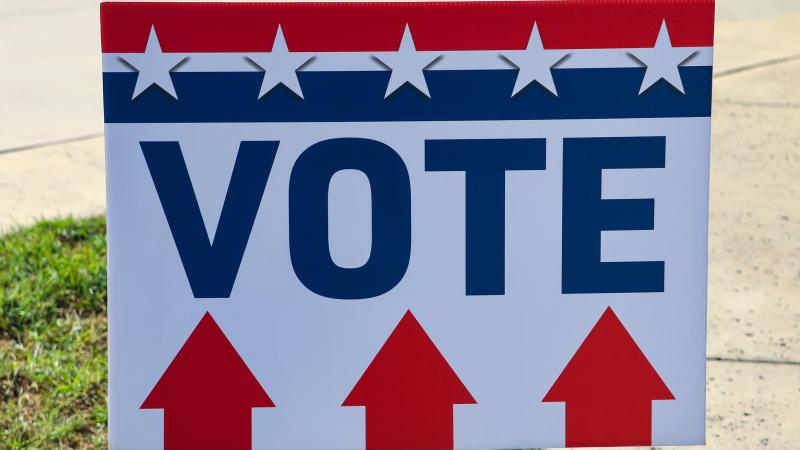Appeals court continues to allow Connecticut transgender athletes to play on girls teams
'Today’s ruling is a critical victory for fairness, equality, and inclusion,' ACLU attorney Joshua Block said in response to the ruling.
A federal appeals court ruled Friday that the organization overseeing essentially all high school sports in Connecticut can proceed with a policy allowing biologically male athletes to compete on female teams.
The 2nd U.S. Circuit Court of Appeals ruled that not allowing transgender women to compete on female teams was discrimination and in violation of Title IX.
Title IX prohibits sex-based discrimination in any school or any other education program that receives federal funding.
The ruling for the Connecticut Interscholastic Athletic Conference is being considered a victory for supporters of males who identify as females and play in women's sports. Critics argue such athletes have an unfair biological advantage and are limiting such possible achievements of girls as setting records and playing in college.
"Today’s ruling is a critical victory for fairness, equality, and inclusion,” Joshua Block, a senior staff attorney with the American Civil Liberties Union, which represented the CIAC, five Connecticut school boards and two former athletes in the case, said in a statement, obtained by The Hill newspaper. "This critical victory strikes at the heart of political attacks against transgender youth while helping ensure every young person has the right to play."
In 2020, four female athletes, Selina Soule, Chelsea Mitchell, Alanna Smith and Ashley Nicoletti alleged in a lawsuit that they had athletic scholarship opportunities taken away from them due to transgender athletes being able to compete in girls track.
“In scholastic track competition in Connecticut, more boys than girls are experiencing victory,” the initial lawsuit said in reference to the transgender female athletes.
The complaint was filed by the Alliance Defending Freedom, which sought to bar two transgender athletes from competing in Connecticut's 2020 spring outdoor track season.
“The 2nd Circuit got it wrong, and we’re evaluating all legal options, including appeal," ADF Senior Counsel Christiana Kiefer said in a statement. "Thankfully, a growing number of states are stepping up to protect women’s athletics," 18 by ADF's count, "and polls show that a majority of Americans agree that the competition is no longer fair when males are permitted to compete in women’s sports."
















